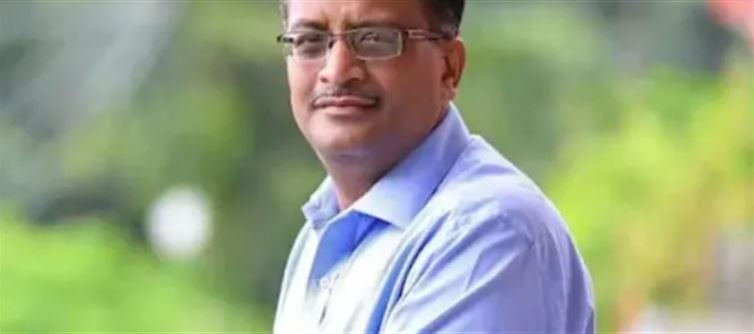
After 34 years of dedicated service in the indian Administrative service (IAS), ashok Khemka, one of the most well-known officers in the country, retires today. Known for his unyielding integrity and commitment to transparency, Khemka’s career has been marked by numerous transfers—57 in total—due to his relentless efforts to tackle corruption and uphold the rule of law.
A Career Shaped by Integrity
Khemka’s tenure in the IAS has been anything but conventional. He is perhaps best known for his controversial decision in 2012 to cancel a land deal involving Robert Vadra, the son-in-law of congress leader sonia gandhi, and the real estate giant DLF. This move, aimed at exposing corruption, led to his first of many transfers and sparked public debate over his actions.
Despite facing multiple postings in less desirable departments, often seen as punitive measures, Khemka remained resolute in his dedication to ethical governance. He was a frequent whistleblower, calling out wrongdoings regardless of the powerful individuals involved.
Transfers and Trials
Throughout his career, Khemka was transferred a staggering 57 times, an extraordinary number that underscores the difficulties he faced within the bureaucracy. His frequent transfers have been widely seen as an effort to sideline him for his uncompromising stance on corruption. However, Khemka never wavered, continuously working to expose irregularities, often at the cost of his career stability.
His supporters have lauded his courage, viewing him as a beacon of moral clarity in a system often criticized for corruption and complacency. Others, however, have criticized him for his confrontational style, arguing that it led to frequent disruptions in his career and administrative work.
A Lasting Legacy
In his final role, Khemka served as the Additional Chief Secretary in the Transport Department, a position he was appointed to just months before his retirement. While this was a significant post, it arrived at the tail end of his career, which many believe could have benefited from such recognition earlier.
As ashok Khemka retires, his legacy as a fearless bureaucrat remains a topic of much debate. His career stands as a testament to the challenges faced by civil servants who prioritize ethics over expedience. Khemka’s story continues to inspire discussions on the need for reforms within the indian civil services, especially concerning the protection of officers who fight for transparency and accountability.




 click and follow Indiaherald WhatsApp channel
click and follow Indiaherald WhatsApp channel